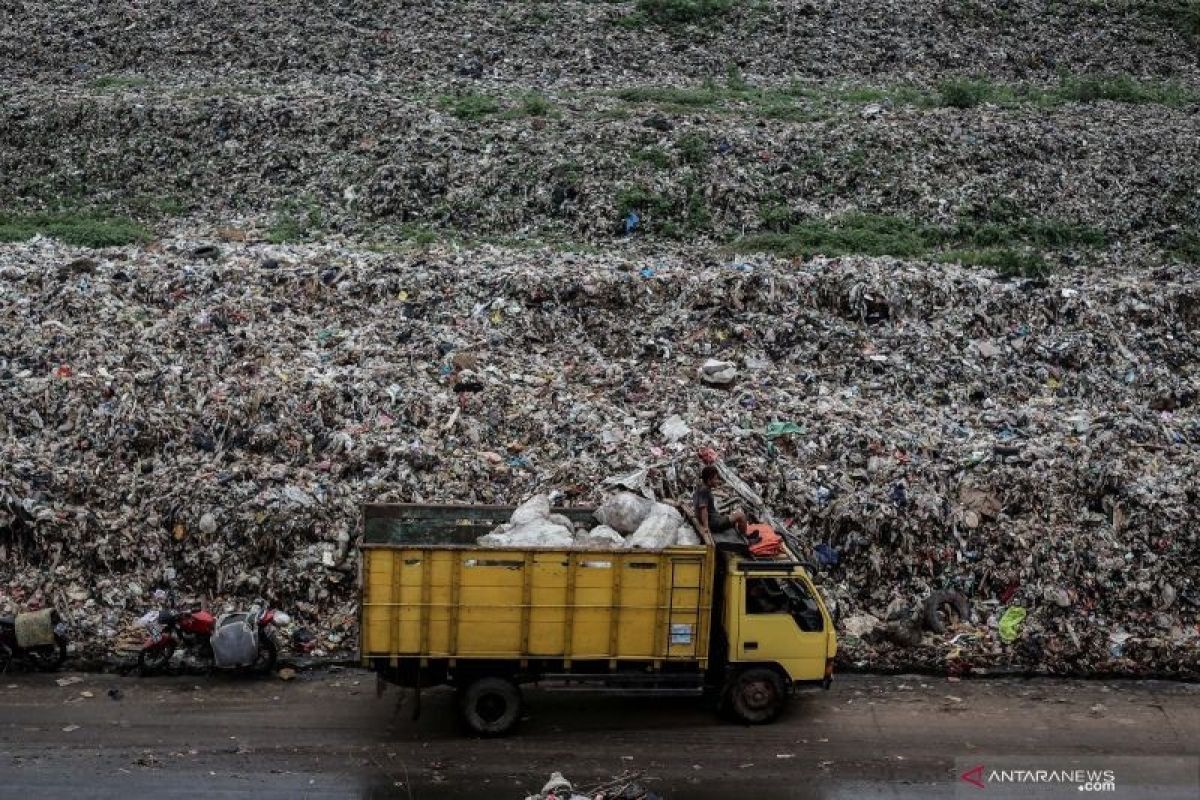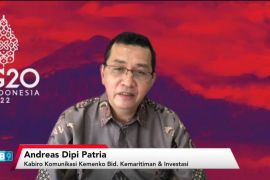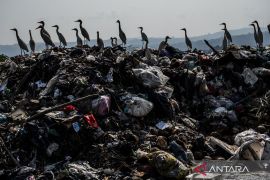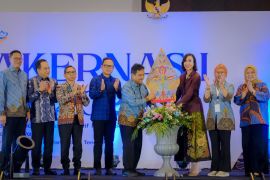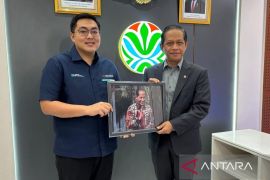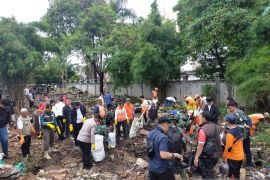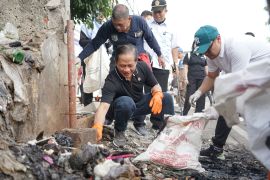Still, we need a number of appropriate, efficient, affordable, and eco-friendly innovations to handle medical waste better.Jakarta (ANTARA) - Indonesia's Coordinating Ministry for Maritime Affairs and Investment has sought collaboration with the Japanese Environment Ministry for the development of the waste management system through the implementation of the 6th Joint Committee on Waste Treatment.
The meeting was held on February 8, 2022. It was a follow-up to the 5th Joint Committee meeting held on February 19, 2021, as well as technical-level working group discussions held in May 2021 and January 2022.
"We discussed a number of ideas regarding the sustainability of off-taking refuse-derived fuel (RDF) products and value chain analysis of city waste," Deputy for Coordination of Environmental Management at the ministry Nani Hendiarti said in a statement issued here on Wednesday.
In the last two years, the Indonesian Government has attempted to expedite the handling of solid waste focusing on a number of priority regions, such as areas along the Citarum Watershed in West Java, Super Priority Tourism Destinations (DPSPs), and Denpasar Metropolitan Area in Bali, she informed.
"We have strived to manage the waste in Denpasar Metropolitan Area by revitalizing and constructing small waste treatment facilities and integrated waste treatment facility," the deputy said.
In addition, the government has applied RDF technology and optimized the implementation of circular economy principles, she said.
Thus, she said she expected that the attempts will reduce the utilization of landfills, while turning waste into a new economic and energy source.
Furthermore, the government is also providing incinerators to manage medical waste, Hendiarti informed.
Related news: Ministry encourages waste banks to adopt professional management
"Still, we need a number of appropriate, efficient, affordable, and eco-friendly innovations to handle medical waste better," she added.
Indonesia has set a target to reduce 70 percent of plastic waste and 30 percent of solid waste, as well as manage 70 percent of solid waste by 2025, she noted.
Meanwhile, Deputy Minister for Global Environmental Affairs of the Japanese Environment Ministry Yutaka Shoda said he expected the meeting to promote the implementation of sustainable waste management, which can improve people's health and welfare.
Related news: Waste management can reduce greenhouse emissions: deputy minister
Translator: Ade Junida, Uyu Liman
Editor: Rahmad Nasution
Copyright © ANTARA 2022
